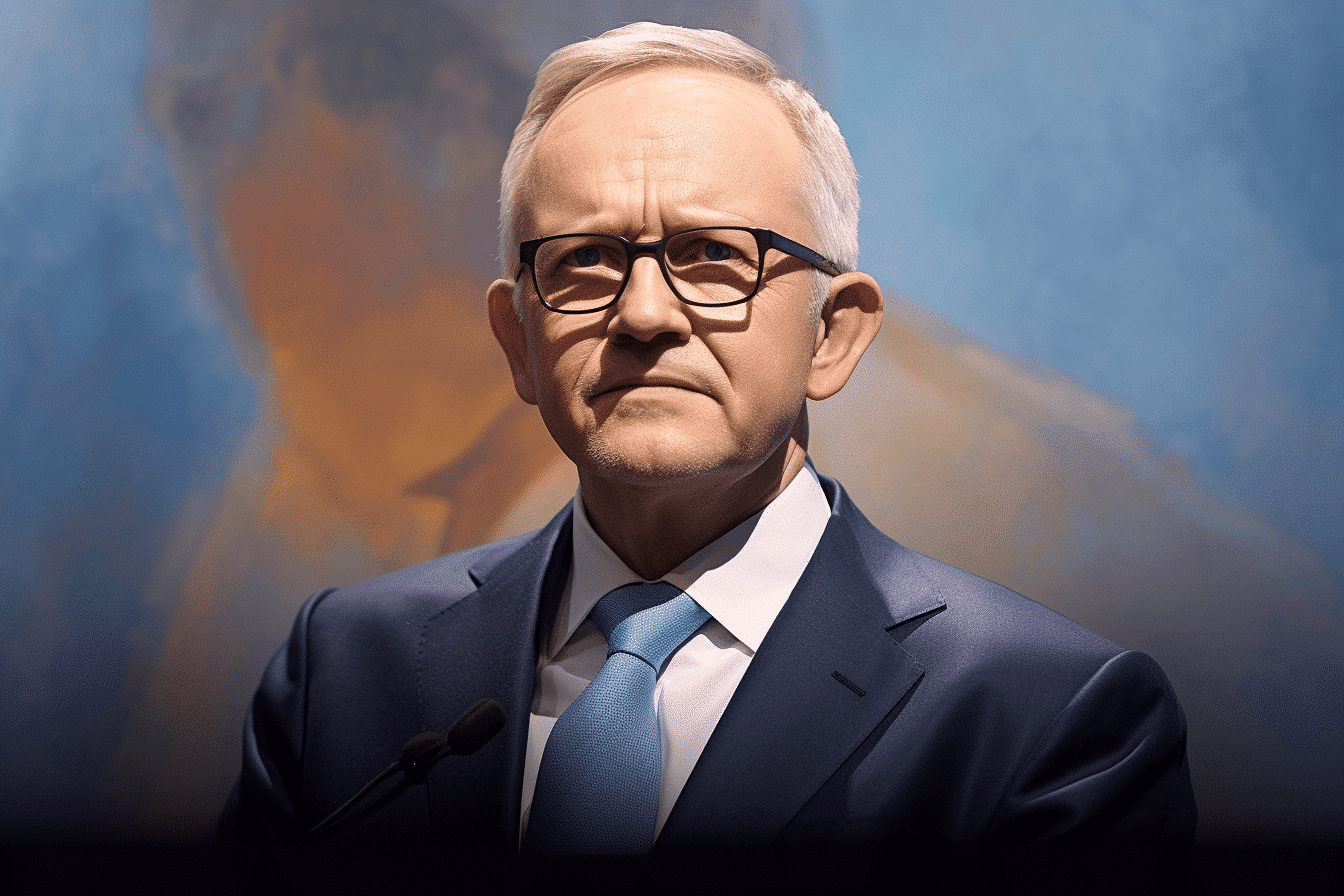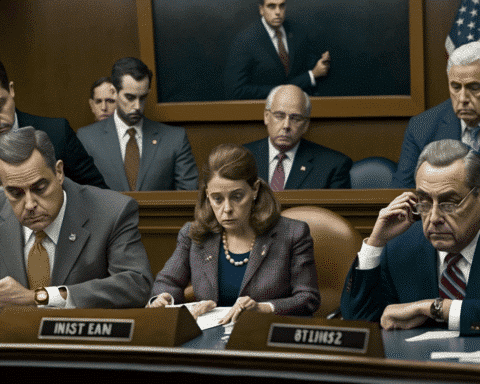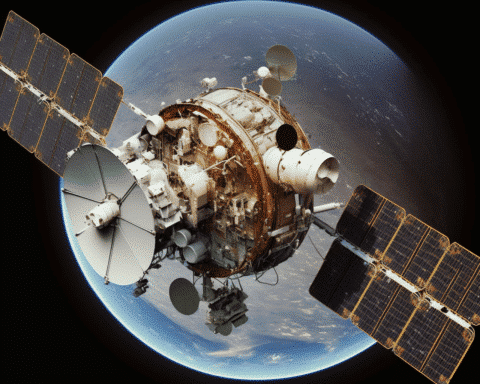As the friction between China and the United States intensifies in the Asia-Pacific region, Australian Prime Minister Anthony Albanese underscored to a group of prominent defence figures that maintaining open lines of dialogue is essential for peace. Simultaneously, he also advocated for strategic deterrence.
In response to China’s increasing military assertiveness in the South China Sea, the South Pacific, and the East China Sea, Albanese has been working to bolster Australia’s military strength and stabilize the diplomatic rapport with China.
Addressing the annual Shangri-La Dialogue, Albanese said, “We acknowledge the substantial disparities in our two nations’ governing systems, values, and global perspectives. However, we maintain that irrespective of the matter, whether in agreement or disagreement, direct engagement is always more fruitful and efficient.”
U.S. Secretary of Defense Lloyd Austin and China’s new defence minister, Gen. Li Shangfu, were present in the audience during Albanese’s speech.
Before the conference, Austin’s request for a meeting with Li was denied. Nonetheless, they exchanged greetings and sat on opposite ends of the table before Albanese’s address.
China and the U.S. are ramping up their efforts to gain regional influence. The weekend dialogue, organized by the International Institute for Strategic Studies think tank, offers an avenue for individual discussions with their regional counterparts, diplomats, and leaders. Austin and Li are scheduled to give their speeches on Saturday and Sunday.
Australia, a consistent American ally in the region, has benefited from China’s “remarkable economic transformation,” said Albanese. However, he emphasized that China has also gained from “a regional structure that promotes free trade, knowledge sharing, innovation, and people-to-people interactions.”
“American leadership has been an indispensable component of this,” he added.
Albanese also pointed out the need for “boundaries” to ensure that no nation considers itself above the rules, which partially justifies his efforts to enhance Australia’s defence capabilities.

Beijing has openly criticized Australia’s involvement in the AUKUS partnership, a defence pact linking Australia with the United States and Britain that aims to create an Australian fleet of eight nuclear-powered submarines.
Albanese said, “Australia’s objective is not to be ready for war, but to deter it through strategic deterrence and reassurance and by fostering resilience in the region, thereby fulfilling our shared responsibility.”
The Prime Minister further stated, “We all must maintain peace and security, and it must be unequivocally clear that any unilateral attempt to change the status quo by force in Taiwan, the South China Sea, the East China Sea, or elsewhere, will always pose a greater risk than any possible gain.”
Singapore Deputy Prime Minister Lawrence Wong, following a meeting with Albanese earlier in the day, stated that the members of the Association of Southeast Asian Nations do not wish to be forced into choosing between Washington and Beijing.
“No one wants to be put in a situation where we have to contain China’s growth or restrict America’s presence,” he said. “A shift in either direction would have few takers in the region as no one in ASEAN desires to witness a new Cold War.”
This year’s dialogue is amidst a myriad of issues, including the Ukraine war and its regional repercussions, China’s support for Russia, the continuing conflict in Myanmar, and escalating tensions between China and the U.S. and its allies over Beijing’s claim on the self-governing island of Taiwan.
Austin initiated his regional trip in Japan, where Prime Minister Fumio Kishida has been one of Asia’s most vocal critics of Russia’s invasion of Ukraine.
During a visit to Moscow in April, Li promised to expand military cooperation, military-technical ties, and arms trade with Russia. “We will undoubtedly elevate them to a new level,” he said.
Li, appointed defence minister in March and under American sanctions, participated in China’s purchase of combat aircraft and anti-aircraft missiles from Moscow in 2018. According to U.S. defence officials, this prompted the sanctions, which bar him from conducting business in the United States but do not prohibit him from engaging in official discussions.
In response to Austin’s offer for talks in Singapore, Chinese Defense Ministry spokesperson Tan Kefei said it was declined because the U.S. “disregards China’s concerns and creates artificial obstacles.”
Earlier this week in Japan, Austin emphasized the need for regular communication and openness, referencing a recent incident where a Chinese fighter jet flew alarmingly close to an American reconnaissance plane over the South China Sea.
“I worry about an incident escalating rapidly out of control,” Austin expressed. “I would welcome any chance to engage with leadership.”
As the geopolitical landscape evolves, world leaders emphasize the necessity for diplomacy, open communication, and respect for international norms. Amid rising tensions in the Asia-Pacific, a balanced and thoughtful approach to managing relations between nations is being pursued, hoping to maintain peace and prevent conflicts. The conversations at the Shangri-La dialogue serve as a reminder of the complex and multi-faceted challenges facing the region and the necessity for careful, strategic diplomacy.




